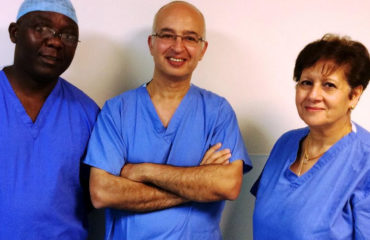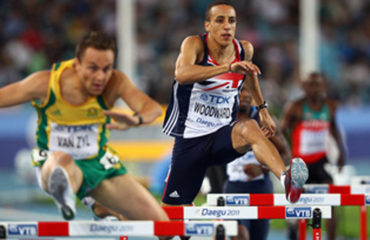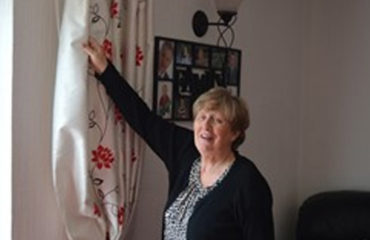
We are delighted that a past patient wanted to discuss her experience and results following her reverse shoulder operation at Spire Parkway Hospital, Solihull.
Jeanette Bloxham suffered with a painful shoulder for over five years, which left her unable to use her right arm properly.
She was on the verge of being classed as disabled when she got referred to a local orthopaedic surgeon at Spire Parkway Hospital. There, she was advised to have a reverse shoulder operation. Now, Jeanette is free of pain and has very good movement in her arm.
Any restriction in movement caused by pain can alter how we go about our daily lives; but for Jeanette Bloxham, her shoulder discomfort had led to a significant change in how she lived her life.
With only about 10% use of her right hand, Jeanette struggled to perform day-to-day tasks like opening and closing a car door and even cooking proved challenging.
She said: “I got into the habit of holding my right arm into my chest just so I didn’t have to feel the pain. Trying to peel potatoes or cut vegetables was very hard. Even getting dressed was a major task I had to endure every day. Zips and buttons were very hard to do up. I could not even hug my children or grandchildren properly. It was very disheartening.
“I was sent for a course of physiotherapy and it was at this point that they suggested I seek the advice of an orthopaedic surgeon.”
Jeanette was referred to Mr Amir Salama at Spire Parkway Hospital and, after an MRI scan, he advised her that the best treatment for her condition was a reverse shoulder replacement.
Patients undergoing a reverse shoulder replacement operation tend to be over 70 years old; the tendon is damaged or completely worn away due to general wear and tear, something we all face with age. Compared to a standard shoulder replacement where a plastic ‘cup’ is placed into the shoulder socket and a metal ‘ball’ into the humerus (upper arm), the opposite happens for a reverse shoulder operation – the ball is fixed to the socket joint and the cup or plastic socket is attached to the upper arm bone (humerus).
Mr Amir Salama, orthopaedic surgeon at Spire Parkway, said: “The benefits of a reverse shoulder replacement operation include quick recovery rates, very little or no pain after treatment, and once healed, the patient has much improved mobility.”
Under the care of the specialist clinical staff at Spire Parkway Hospital, Jeanette’s operation took less than two hours.
After an overnight stay, Jeanette was discharged and given a post-operative programme, which included a series of physiotherapy sessions at the hospital, as well as exercises for her to complete while at home to build up Jeanette’s arm strength.
She added: “The operation has had such a positive impact on me. The team at Spire Parkway were absolutely marvellous. Thanks to them I have a more active lifestyle and I am no longer restricted to what I can now do – I have the use of my arm again.”

 Mr Amir Salama
Mr Amir Salama


